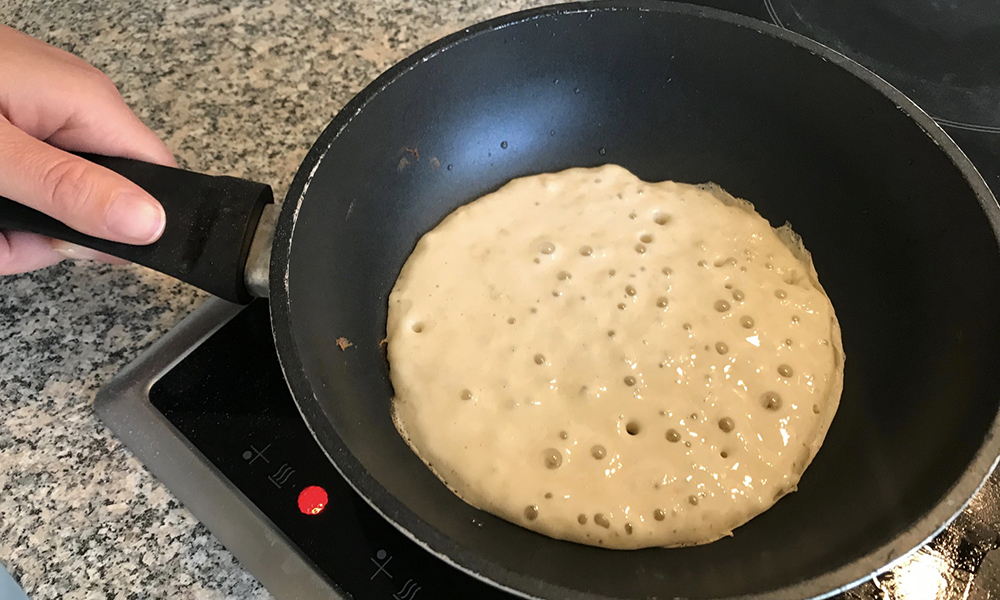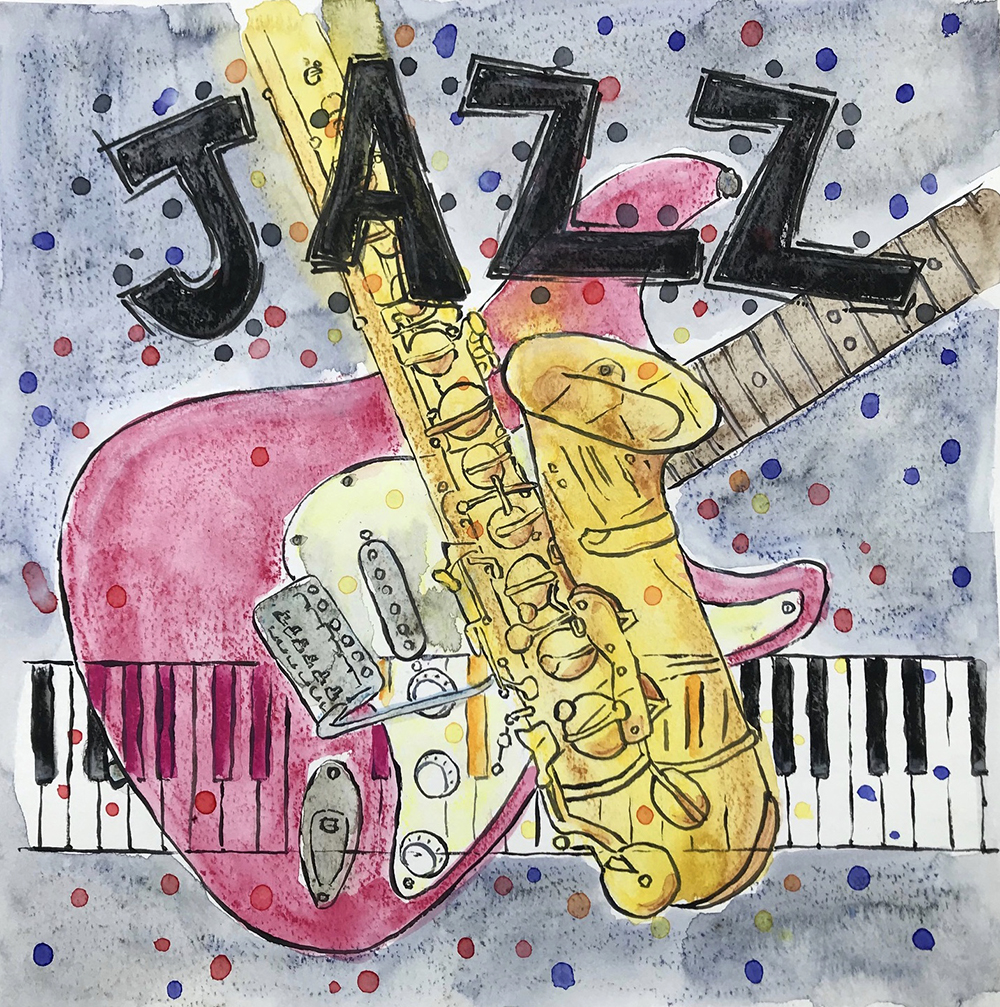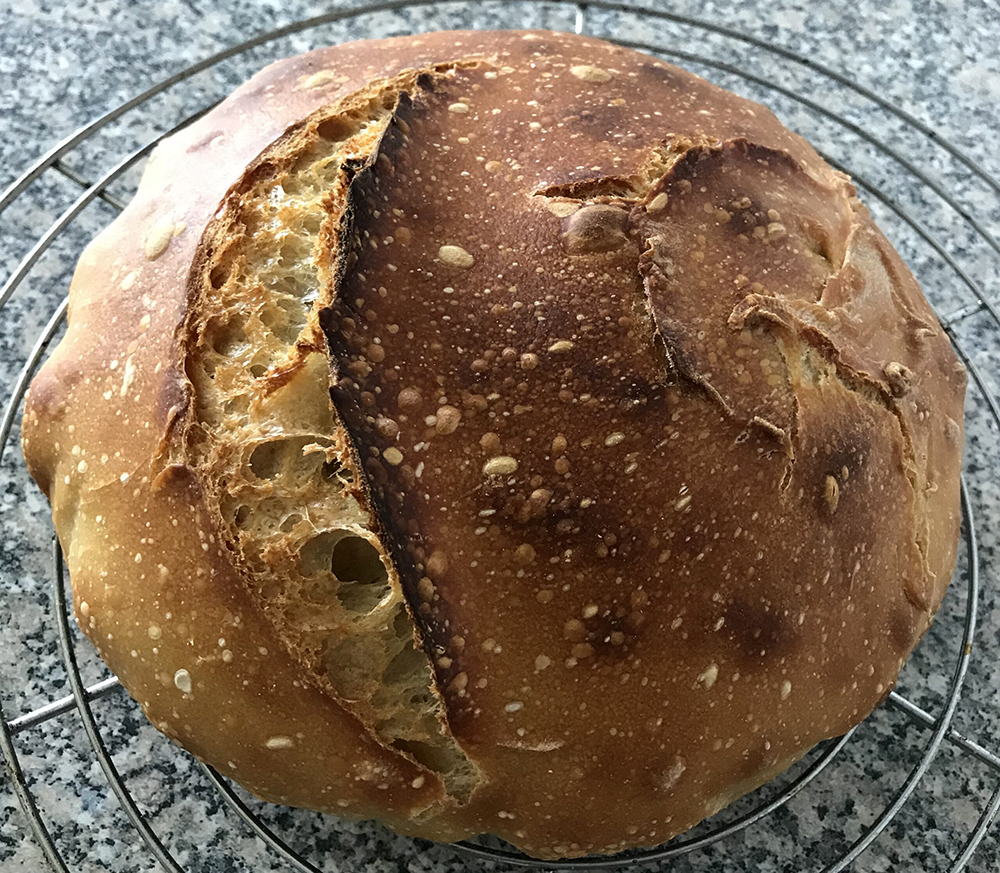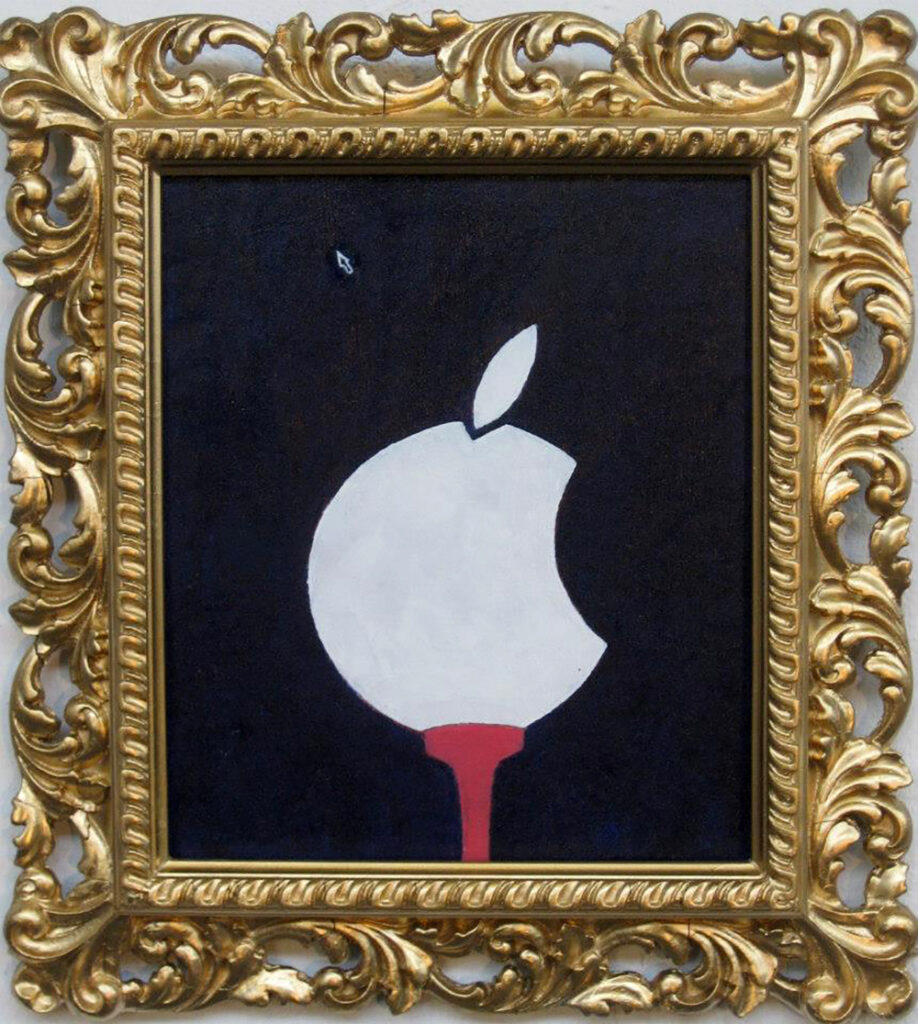Geneva, Saturday 25 April 2020
It was 1989. I stumbled out of the small plane. “Welcome to South East” said Pauline, an OT nurse I knew from a previous mission. Big smile. Big hug. I was very happy to see a familiar face. I had already been travelling for four days. “It’s a two day drive to the hospital.” she said “We’ll be leaving tomorrow morning.”
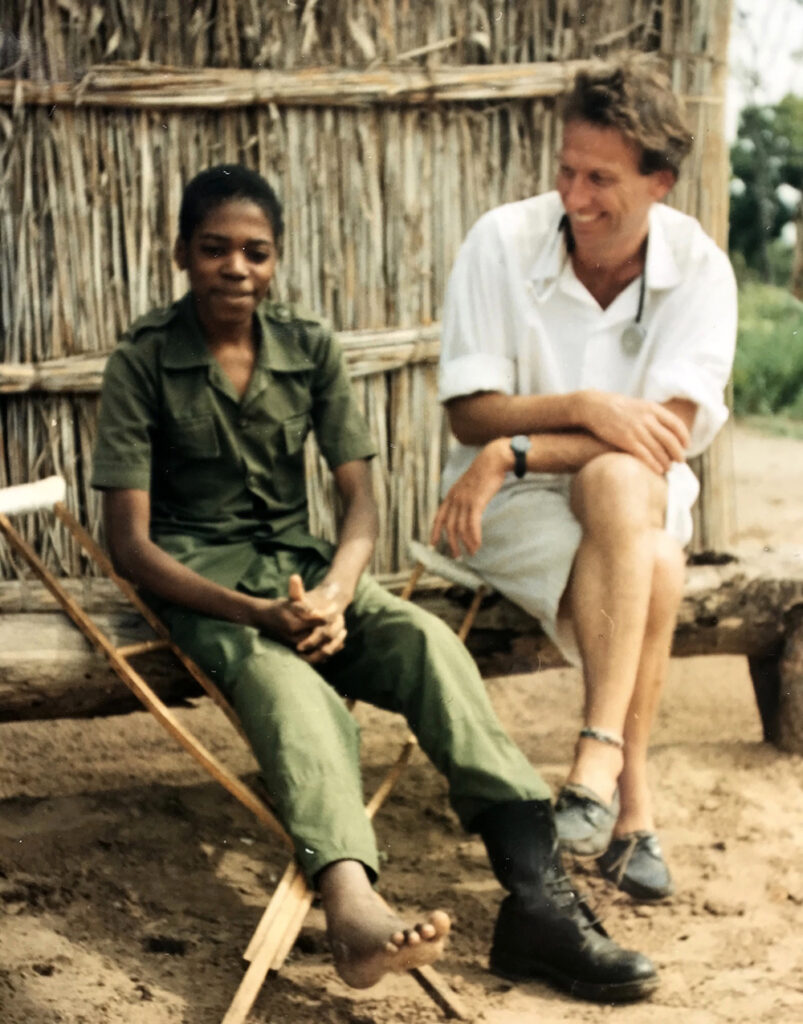
This was my fourth trip as surgeon with the International Committee of the Red Cross. The out-going briefing in ICRC’s HQ in Geneva hid nothing. “South East” was the name given to a very discrete and politically sensitive surgical action in a corner of the poorest of African countries riven by a brutal cold-war era civil conflict. South East was a vast former national park occupied by rebels and their situation was desperate. Furthermore, no patients would ever get to us from the front within two weeks of being wounded. The whole set-up was so discrete that we would never know precisely where the hospital was. My other job, I was told, was to hook up by radio with the ICRC office in the neighbouring country and receive the weekly plan for our relief flights out from the capital on the government side of our conflict. (Direct communication with the ICRC team on the other side was not permitted.) I would give the flight plan to “the responsible person.” The idea being that if the rebels knew the where and when of our flights, they wouldn’t shoot them down. The system worked. It was also explained that my route in to South East was on a supply flight from another country and it would be circuitous to say the least. And so I left Geneva on a nice clean and comfortable Swiss Air flight for my first taste of Africa.
The flight in on the supply plane was five hours. I was the only passenger and was squeezed into a gap between boxes of hospital supplies. Under a huge African sky, the pilot flew just above the tree tops to avoid our being picked up by the government’s Soviet-made radar. The plane had no GPS. The co-pilot had a map on his knees. The intrepid pair assured me that they would find the airstrip but they might have to fly around the area a bit. Eventually they spotted it… and spotted a problem. A herd of elephants! The pilot buzzed them and they all charged off into the forest allowing us to land. We taxied to the end of the strip and out from under the trees trundled a lorry with a gang of young men in fatigues. And Pauline. While the plane was being unloaded, I was interrogated about my political sympathies and had my passport checked and stamped.
Early the following morning, we met the team that were coming up to the hospital with us. Our guard comprised five young men in khaki uniforms and red berets with AK47s over their shoulders. Chiko was in charge. They were all very happy. I was soon to learn why. We all clambered up onto the back of the lorry and set off; the boxes of supplies were to be our seats for the long journey.
There was no road. We were travelling through light forest and around wide swamplands. It was unspeakably beautiful. The ground was the softest of sand; progress was slow. Occasionally the lorry would lurch to a halt; usually because the driver had spotted some elephants. They would look at us for a while before lumbering away. When we came across some gazelles, Chiko gave an order and one of the guys took off through the bush and bagged one (using ten rounds on automatic!) This meant meat for supper… and explained why being detailed to look after us was such a great job. It was the only time they were allowed to hunt for meat. That night we feasted on the most delicious venison with fries and tomato ketchup.
The following day we were moving reasonably fast on some firmer sand. The lorry stopped. To a man, our guards were rigid; whites of eyes showing. “What’s the problem?” I asked. “Cobra!” one replied, pointing. There, about twenty metres right in front of us was a huge black snake coiled with head raised looking straight at us. We waited. I still couldn’t see what the problem was; we were in this massive lorry. When I asked why we didn’t just drive right by, I was told that a cobra’s spit could pass through the windscreen and the steel sides of the lorry. We would surely die. The only option, apparently and according to Chiko, was to kill the snake.
Very reluctantly, one of the young soldiers climbed down, knelt, took aim and emptied a whole magazine at the snake. When the dust settled, there it was; unharmed, coiled and still giving us the eye. “Give him some more ammo!” ordered Chiko. Embarrassed looks all round. Ah…. No more ammo! The decision was made, we had to run the snake over. The lorry reversed up. Moving forward with engine revved to the max – we must have been in third gear – we ran right over the snake. I looked over the edge of the lorry and saw that he had slithered out between the wheels and into a stand of small trees. The lorry stopped. Everyone was very tense. They were looking to see if they had squashed the snake. “Oh, don’t worry!” I said, “I saw it go into those trees over there.” So, inexplicably, they turned the lorry around and chased Hissing Sid through the forest snapping saplings off at the roots as we went. Eventually the snake got the better of us and Chiko decided that we should continue on to the hospital.
An hour later, we ground to a halt again. The driver pointed among some trees.
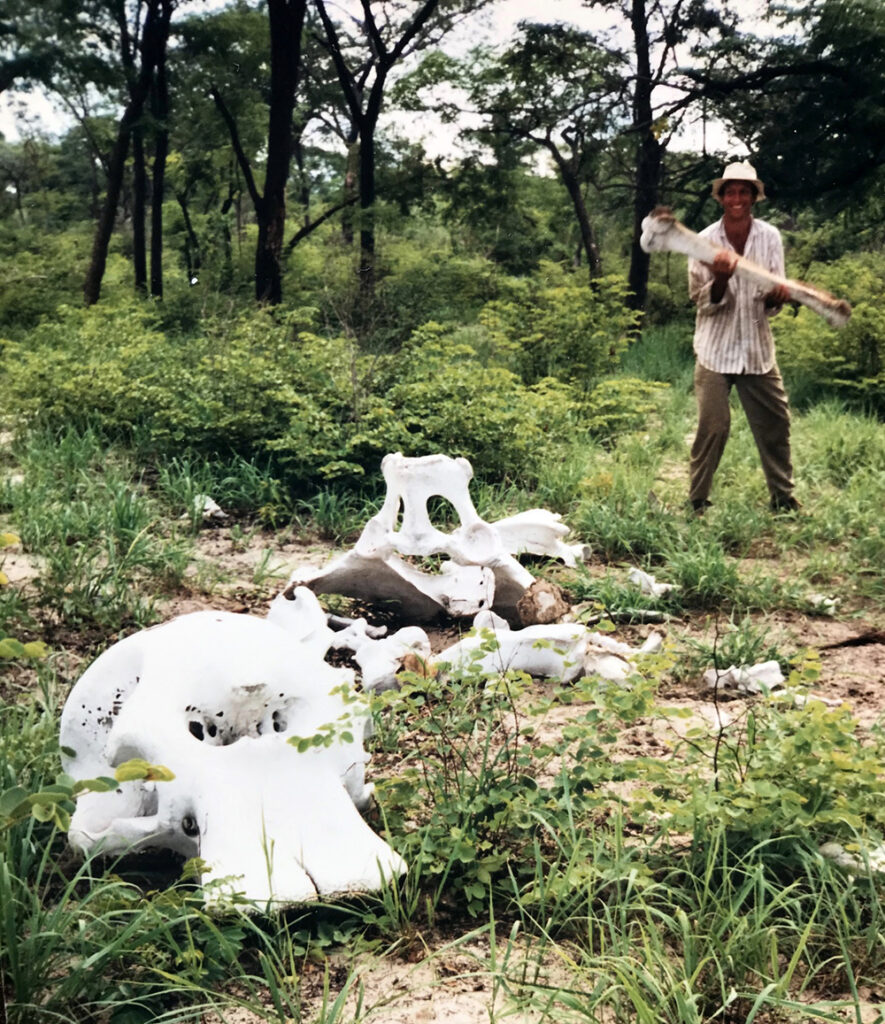
Advice: If you are ever in a country plagued by landmines, do not get out of your vehicle to grub about amongst a whole lot of elephant bones. Yes, that’s me holding the beast’s femur! I was young and foolish then.
The extraordinary journey up to the hospital was simply a prelude to an extraordinary three months. I had been twice to the Afghan border of Pakistan and once to the Thai-Cambodian border. I thought that, by then, I had seen it all; then came South East. There was nothing glamorous. The wounded, those poor guys, arrived 40 or 50 at a time on the back of a lorry every few days. No first aid. Covered in dust. Heavy wound infection. The surgery was largely hopeless despite the best efforts of a great team.
On coming out, I wept and wept. Maybe fatigue. Maybe malaria (that we all suffered.) Weeks later, working back in the UK’s National Health Service, I realised the cause of my overwhelming sadness. This was just one war on a whole continent; all over Africa many thousands of wounded people, soldiers and civilians alike, had no chance of ever receiving adequate surgical care. I had seen what that looked like. Organisations like ICRC and MSF, if they could get access, barely made a dent in the needs. Those prosecuting the war – right up to Washington and Moscow – didn’t give a damn.
It’s some years since I was in the field. I’m pretty sure that, out there “in the developing world,” not a lot has changed. I sincerely hope someone will prove me wrong.

